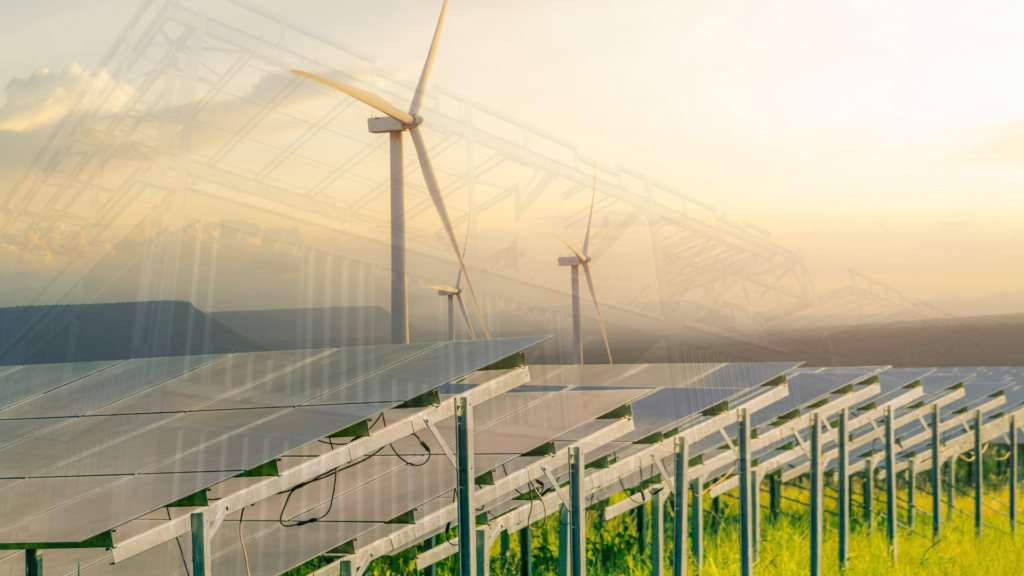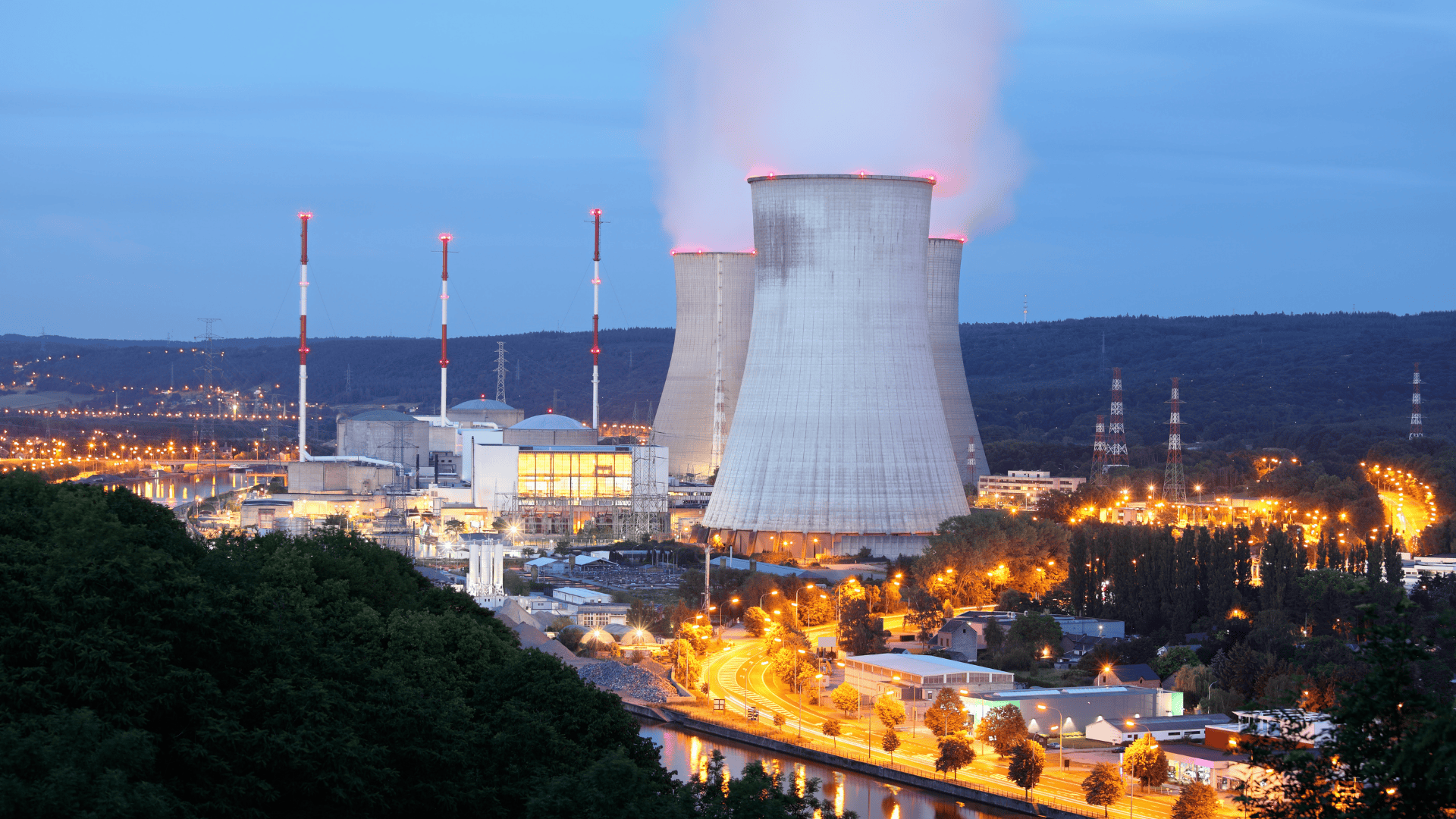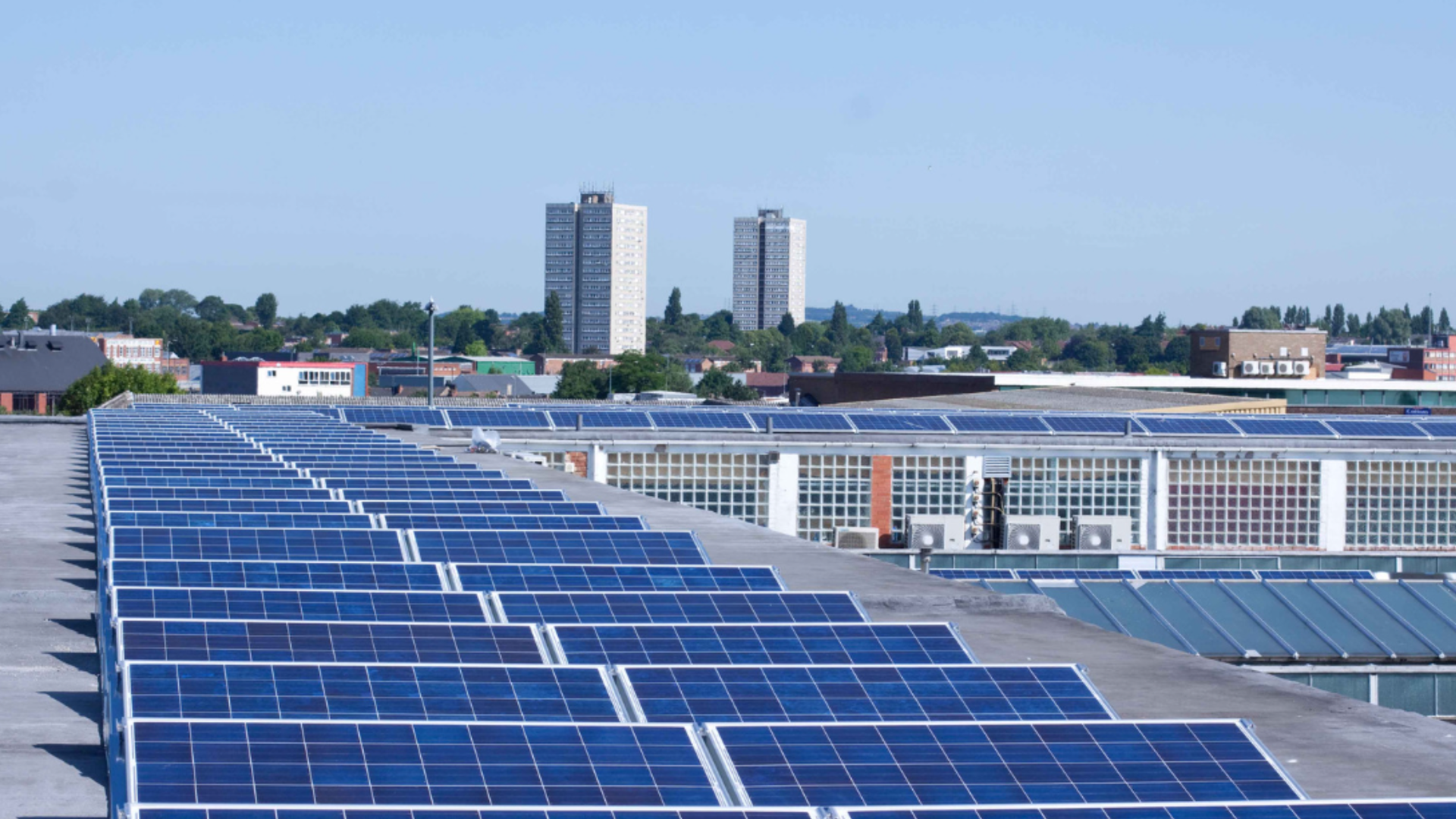
The construction industry has a significant impact on the environment, accounting for a large portion of global energy consumption, resource depletion, and greenhouse gas emissions. As awareness of environmental issues grows, the demand for sustainable commercial construction is increasing. This approach to building not only helps mitigate environmental impact but also offers economic and social benefits. In this blog, we’ll explore the principles of sustainable commercial construction and how they contribute to building a greener future.
WHAT IS ENVIRONMENTALLY SUSTAINABLE CONSTRUCTION?
Environmentally sustainable construction involves creating buildings with a minimal environmental footprint, focusing on energy efficiency, resource conservation, and overall ecological harmony. This approach integrates eco-friendly practices throughout the building lifecycle, from design and construction to operation, maintenance, and eventual deconstruction. Sustainable construction aims to reduce waste, limit carbon emissions, and promote the use of renewable resources.
The Principles of Sustainable Commercial Construction
Energy Efficiency
- Design and Planning: Incorporating energy-efficient designs such as proper building orientation, natural lighting, and high-performance insulation can drastically reduce energy consumption.
- Renewable Energy Sources: Utilizing renewable energy sources like solar panels, wind turbines, and geothermal systems can decrease reliance on fossil fuels.
- Smart Building Technologies: Implementing smart technologies for lighting, heating, ventilation, and air conditioning (HVAC) systems helps optimize energy usage.
Water Conservation
- Efficient Plumbing Fixtures: Installing low-flow toilets, faucets, and showerheads can significantly reduce water consumption.
- Rainwater Harvesting: Collecting and reusing rainwater for irrigation and other non-potable purposes conserves potable water.
- Greywater Systems: Treating and reusing greywater from sinks and showers for landscaping or flushing toilets reduces overall water demand.
Sustainable Materials
- Recycled and Reclaimed Materials: Using materials that have been recycled or reclaimed from other projects reduces the demand for new resources and minimizes waste.
- Locally Sourced Materials: Sourcing materials locally reduces transportation emissions and supports the local economy.
- Low-Impact Materials: Choosing materials with low environmental impact, such as bamboo, recycled steel, and low-VOC (volatile organic compound) paints, enhances indoor air quality and sustainability.
Waste Reduction
- Construction Waste Management: Implementing waste management plans to reduce, reuse, and recycle construction debris minimizes landfill contributions.
- Prefabrication: Utilizing prefabricated components reduces on-site waste and improves construction efficiency.
- Deconstruction: Planning for the eventual deconstruction of buildings allows for materials to be reused or recycled rather than discarded.
Healthy Indoor Environments
- Air Quality: Using non-toxic materials and ensuring proper ventilation improves indoor air quality, benefiting occupant health.
- Natural Light: Maximizing natural light reduces the need for artificial lighting and creates a healthier and more pleasant working environment.
- Biophilic Design: Incorporating natural elements like plants and water features enhances well-being and productivity.
Economic and Social Benefits
Sustainable commercial construction is not only environmentally responsible but also economically advantageous. Green buildings often have lower operating costs due to reduced energy and water consumption. They also tend to have higher property values and attract tenants who are willing to pay a premium for sustainable features. Additionally, creating healthy indoor environments can lead to increased productivity and reduced absenteeism among employees.
Contact
For more information on how you can incorporate sustainable practices into your commercial construction projects, or to learn more about achieving LEED certification, please contact us at www.collectiveconstruction.co. Let’s work together to build a greener, more sustainable future.
Latest Insights
Stay informed on the latest trends and insights in the areas of Commercial Construction and Net-Zero Energy.



